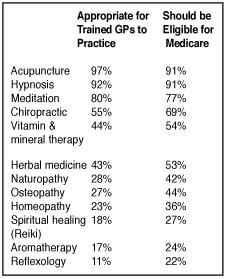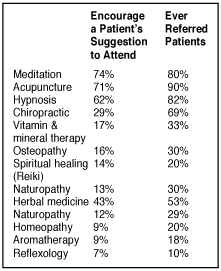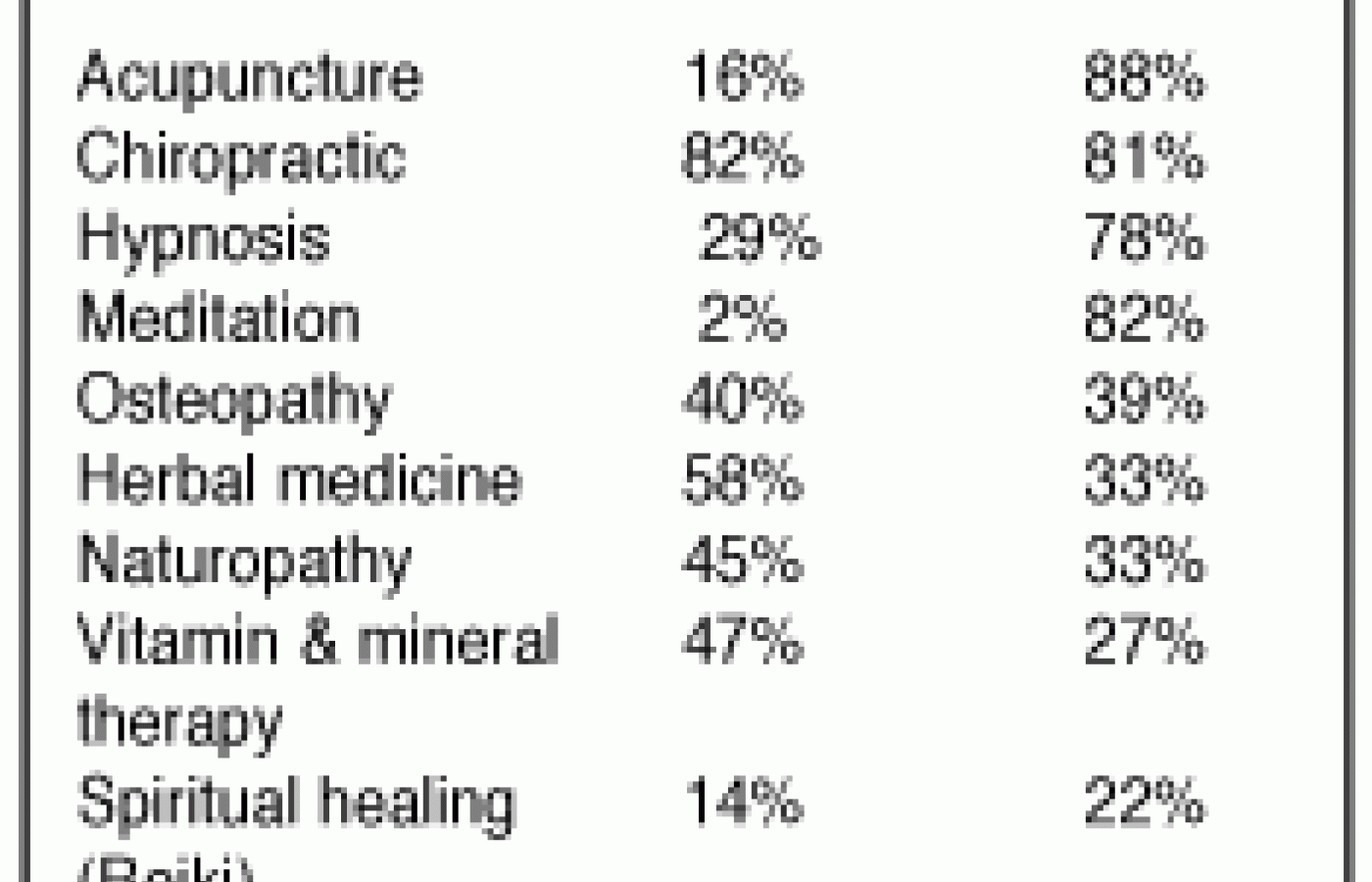It’s a new year and many chiropractors are evaluating what will enhance their respective practices, particularly as it relates to their bottom line. One of the most common questions I get is: “Do I need to be credentialed to bill insurance, and what are the best plans to join?” It’s a loaded question – but one every DC ponders. Whether you're already in-network or pondering whether to join, here's what you need to know.
Referral, Appropriateness and Demand for Chiropractic Down Under
A recent study published in the Medical Journal of Australia1 reveals that the trend toward the use of (and referral to) "complementary therapies" is occurring in Australia in ways similar to the trend in the United States.
A self-administered 11-page postal survey was mailed to 800 general medical practitioners (GPs) in the state of Victoria, with just under two-thirds (64%) responding (64%). The first series of questions related to how "harmful" the GPs thought a form of complementary care was vs. how effective it was. According to the respondents, chiropractic was considered the most harmful, but also among the most effective:

Compared to chiropractic, osteopathy was considered about half as harmful, and about half as effective.
The second series of questions focused on which forms of care were "appropriate for trained GPs to practice" and which "should be eligible for Medicare rebates":

One of the most interesting questions was if a GP would "encourage a patient's suggestion to attend" a particular type of therapy vs. if they had "ever referred patients" to that form of therapy:

Note the 40 percent gap between those GPs who would encourage a patient's suggestion that they see a chiropractor and those who have ever referred a patient to one. It would be interesting to study the reason for this disparity, which is unlike any other form of care mentioned in the study. One explanation may be that GPs feel more comfortable when they can choose the particular chiropractor the patient will see.
The final series of questions focused on GPs who had trained in a particular form of complementary therapy and those who would be interested in more training:

Among the comments made by the authors were their thoughts regarding the training and practice of certain complementary therapies:
"It is interesting to speculate on the discrepancy between the number of GPs who trained in meditation, hypnosis, herbal medicine and vitamin and mineral therapy and the number who actually practise these therapies. Possible reasons may include GP or patient dissatisfaction with outcomes, poor acceptance by patients, lack of financial reward, or difficulty accommodating more time-consuming therapies in a busy clinic."
Reference
- Pirotta MV, Cohen MM, Kotsirilos V, Farish SJ. Complementary therapies: have they become accepted in general practice? MJA 2000;172:105-109. Available on line at http://www.mja.com.au/public/issues/172_03_070200/pirotta/pirotta.html



